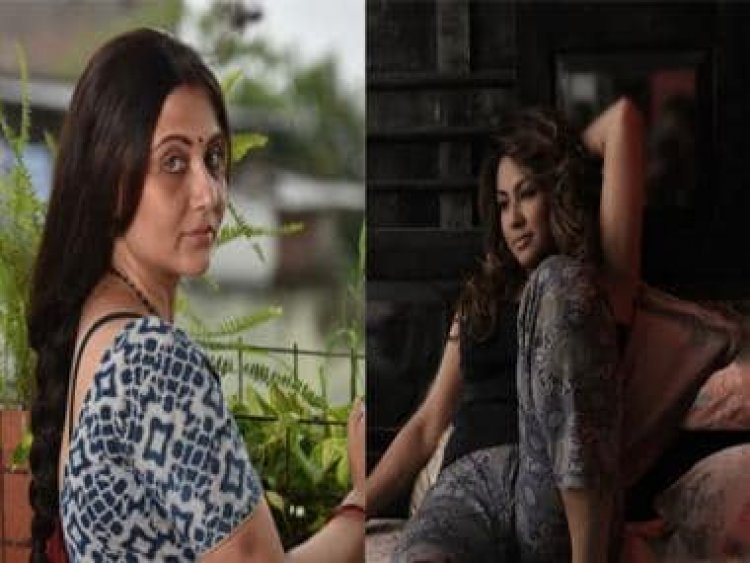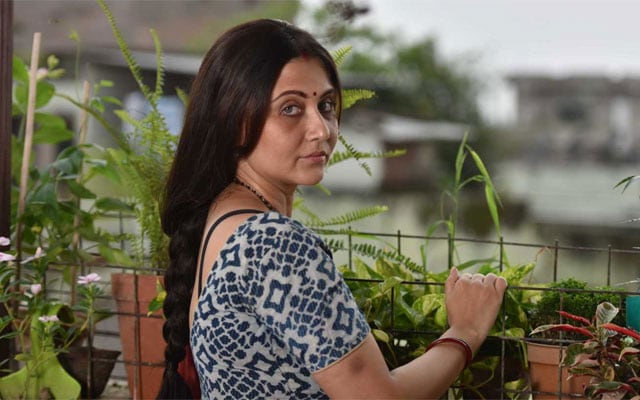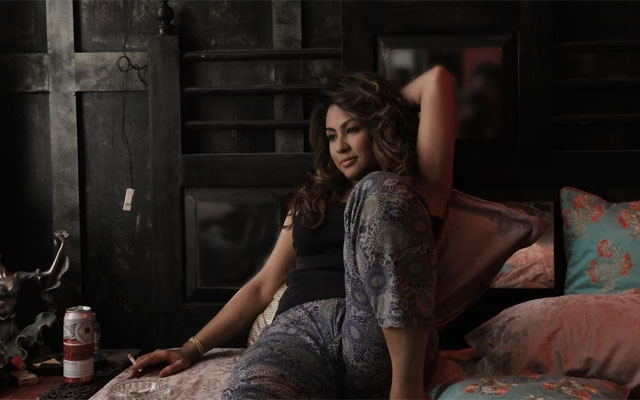Bengali cinema gives gender equity a more real avatar
Bengali cinema gives gender equity a more real avatar

‘Women give a lot in relationships, with bare minimum expectations. The emotional labor of women is largely unrequited,’ actor and single mother, Swastika Mukherjee, pauses pensively, cross referencing one of her most critically lauded works in regional cinema, Tasher Ghawr which released during the lockdown induced pandemic last year, but continues to grow in popularity, thanks to its presence on a popular OTT platform.

As Sujata, the loveless and physically abused housewife of an upper-middle-class family, Swastika’s self-exploratory journey to find justice and dignity with a cheating spouse who is emotionally unavailable and treats her like an unpaid domestic help, while exploiting her commitment to the relationship, the film brings up an important theme in gender politics that is bravely being captured in cinema, off late – including another 50-minute feature, staring the same actress, The Lovely Mrs Mukherjee. In this satirical piece, Swastika essays a Rabindra sangeet tutor, Minu who for a sum of five lakh as a sort of dowry to get her brother a job in the police department – decides to marry a man who again is in search for a glorified cook and housekeeper. All Minu now does, is cook and serve food from her mother-in-law’s recipe book, dust the furniture, iron her husband’s crumpled clothes – a thankless pursuit of servitude, after which, the same husband protests to her musical riyaaz, claiming it is distracting for his pursuit of completing his Nobel-winning novel – she is promptly told to finish her music practice when he’s at University, in the afternoons.
Swastika admits that it is her own emotional journey as a woman that lends ‘authenticity,’ to these grey and layered characters. She narrates an episode when she was essaying the lead in a film called Take One which had her playing an alcoholic actress who has lost her husband and whose in-laws will not keep the child. ‘My mother’s friends and my extended family were calling her saying in Bengali, ‘tor meye mod kheye pore acche, tui kicchu dekhishna (your daughter is lying sloshed and you don’t seem to care.) It’s like my professional reality determines my personal character!’
It’s Women’s Day, on March 8 and this time the theme for this much hyped occasion is #EmbraceEquity, where equity isn’t just a nice-to-have, it’s a must-have. The idea is to establish a critical difference between equity and equality and understand why equal opportunities aren’t enough, since people start from different places, so true inclusion and belonging require equitable action and intention. I watch director Indranil Roychowdhury’s recently released feature that is currently the critical flavour of the month, that is based on two short stories by Manik Bandopadhyay. Chandan (Ritwick Chakraborty) plays an ATM guard whose wife (Aupee Karim) chooses to ditch her lower middle class, sheltered life spent looking after her ageing in-laws and her young son, to work as a maid and primary caregiver to an elderly man (Paran Bandopadhyay).
While there is a clear class divide between Swastika’s films and the supposedly ‘bhadrolok (genteel)’ world and the dingy, impoverished, gritty canvas that director Indranil creates in his cityspace, the character of Chandan’s wife is shown as someone who would rather be paid for her housework, given that her husband has fallen on hard times and post the lockout of his factory, has given into drinking and anger management issues, therefore being unable to retain a steady job. There is a scene where Chandan unable to deal with the fact that his wife has gotten a job which pays more than his own, and that she’s leaving her household to serve another, threatens to beat her black and blue, flinging away a plate of rice and fish that his wife has served. The latter, is unmoved and looks at her young boy who is visibly scared and in a cold voice, gestures, ‘kha (eat).’ Later, she reprimands her insecure and egotistical husband who is every bit the tragic underachiever for arriving mid-day at her workplace to check on her. ‘Come when they leave for work,’ she sardonically retorts, implying her employers, an upper middle class, working couple who inhabit a posh high rise. Chandan’s mother compliments her daughter-in-law on a day she takes a leave of absence to visit home, saying that it is thanks to her finding employment that her procrastinating son seems more inspired to find a better job. ‘Men need this kind of dose, something we lacked back in our age,’ she bites her lower lip, ruminating.
Swastika cross references a scene that stands out in Tasher Ghawr– when she talks about her straying husband who calls her ‘mad,’ thanks to her battling postpartum depression after a failed and complicated miscarriage to justify his infidelity. Sujata, who is otherwise docile, stares intrepidly at the camera and sticks out her tongue, as if, gleefully getting the audience to agree that most married men who cheat use this ploy to trap their victims – citing an unhappy and unfulfilled marriage. ‘I think the kind of empowering messages Hindi cinema is now achieving, say in films like Badhai Ho, have been the staple in Bengali cinema since 2008-9,’ she stresses, adding, ‘Shaheb, Biwi, Golaam – the Censor Board wanted the whole Bibi portion out. They wanted to show her as a weakling, crawling back for forgiveness. But we stuck to our guns.’
In Mayar Jonjal – Beauty (Chandreyee Ghosh), plays a prostitute who was once a trusting and young Bangladeshi bride who was sold off to a brothel by her own husband. Beauty still stores her original passport and is often shown lingeringly looking at her past self – but is unapologetic and also not visibly playing a victim as she says to a young lover that her husband had no choice, but to sell her off to repay his outstanding debts. The lover is gobsmacked and asks if she can forgive him this betrayal, to which Beauty replies that he was a good husband, wistfully remembering the way he gave her paan, daily, made with her own hands.

Having lived for 22 years outside my home state and finding a lot of the mainstream Bengali cinema obnoxiously melodramatic or hackneyed sequels or based on one detective after another – there is something refreshingly progressive about the way women are being shown in some small, but meaningful features. Women who are not afraid to own up to their scars. Who are crafty and complex and melancholic and moody and promiscuous and pleasure seeking and real – they remain true to what women are fighting for every day, no matter what our class.
Agency. Autonomy. Ambition. Aloneness.
To see it, being captured, sans sugar-coating or scripted concessions – almost proves the point of this Women’s Day – equity is the means to equality.
Women aren’t the same, everywhere, and yet, they are…
The writer is the best-selling author, Sita’s Curse, Status Single, Leading columnist on gender & sexuality, Community Founder – Status Single, India’s first and only community for 75 million single Indian women. Views expressed are personal.
Read all the Latest News, Trending News, Cricket News, Bollywood News,
India News and Entertainment News here. Follow us on Facebook, Twitter and Instagram.
What's Your Reaction?



























































